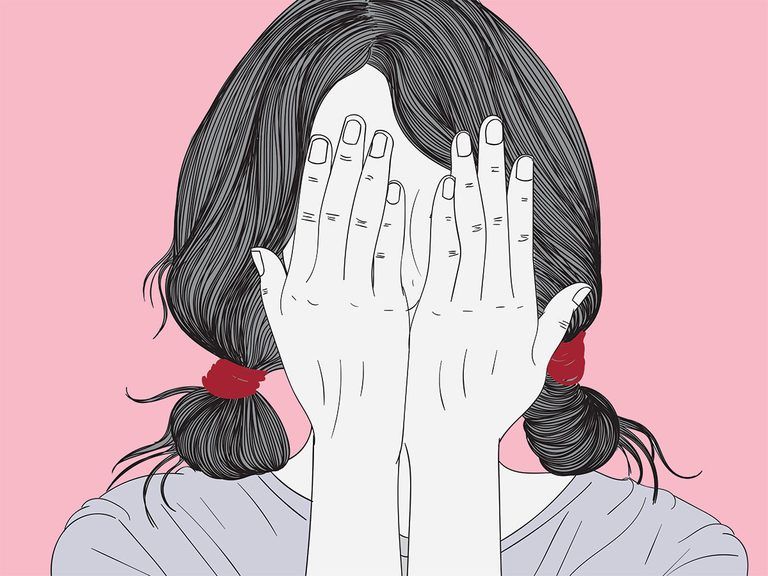
10 Ways to Enrich Your Life and Beat Loneliness
1. Realize You’re Not Alone
According to Statistics Canada, the number of people living alone over the past 35 years has more than doubled, from 1.7 million in 1981 to four million in 2016, making it the most common type of household in the country. Solo dwellers aren’t necessarily lonely, but there’s some evidence that they may experience more social isolation.
Now, since the pandemic hit, loneliness seems to be on the rise-one recent survey found nearly 24 percent of Canadians are feeling lonely.
Loneliness can lead to health implications like increased risk of heart disease, cancer, diabetes and mental health issues. So if you find yourself feeling lonely, don’t dismiss it.
2. Get to the Root of It
“Loneliness is an alarm bell that signals something is missing,” says Ami Rokach, a clinical psychologist and author of several books about loneliness. It has evolutionary roots: People are programmed to be part of a community for survival. When you feel lonely – a feeling that something is missing or that you’re anxious and alone – it’s your body telling you to do something about it, he explains. Whether you’ve moved far away from family and friends, gone through a divorce or experienced the death of a loved one, asking yourself what is causing these feelings and acknowledging them is one of the first steps toward fixing the issue, says Rokach.
3. Change the Things You Can
There will always be things you can’t control, but ask yourself what you can fix about your situation, suggests Catherine Gareau-Blanchard, a project manager for the Canadian Mental Health Association who develops community projects for elderly people experiencing loneliness. If you live where public transport isn’t widely available and don’t have a car, is there an option to move somewhere that will make it easier to feel connected to others and take part in activities? Then make it happen.
4. Build an Online Community
The Internet can have a tremendously positive impact and be a great way to meet like-minded people, says Gareau-Blanchard, as long as it translates into IRL experiences, if it is safe to do so. “Online communities are good, but an online friend can’t give you a hug,” says Rokach. “Starting online is good as long as that’s not the end – it’s only a means to an end.”
5. Make the Time
Many people feel like they don’t have time to go out and meet new friends. But if you’re spending two hours a day staring at your phone or watching TV, you could use that time to go out to a park or social setting and talk to someone there, recommends Gareau-Blanchard. Prioritize your social life and you’ll see long-term benefits.
6. Treat Friendships Like Dating
If you like someone, treat them like a romantic prospect, says Rokach. Find out what they like doing and join them, or do some digging into a subject they’re interested in so that you can talk about it with them. “You could actually turn that person into a good friend,” he says.
7. Pick Up the Phone
If you feel like you never hear from your family and friends, be the first one to reach out and call them for a chat, says Gareau-Blanchard. You won’t gain anything by waiting around for people to reach out to you.
8. Get More Involved
The most common advice to combat isolation is to join an activity. But Rokach thinks you need to go beyond drop-ins – it’s much better to volunteer at the centre that offers the activity, if it’s safe to do so. This gives you an opportunity to get to know the people you volunteer with and provides a way to engage the other participants on a deeper level. Plus, volunteering is a great way to boost your physical and mental health, stress less, and be happier.
9. Plan Things Way in Advance
Everybody is busy these days, so your best chance of seeing groups of friends and family is to book things far ahead. Send out a Doodle poll (a great way to coordinate dates with big groups) and get the event in everyone’s calendars a few months beforehand to make sure it happens. (And here’s how to host a safe backyard barbecue.)
10. Have Faith
Religious communities can be a great way to connect socially with others, says Rokach. But that doesn’t mean you have to convert to a new faith. Spirituality– or faith-based programming and events can simply be the starting point for meeting a whole new group of people.











